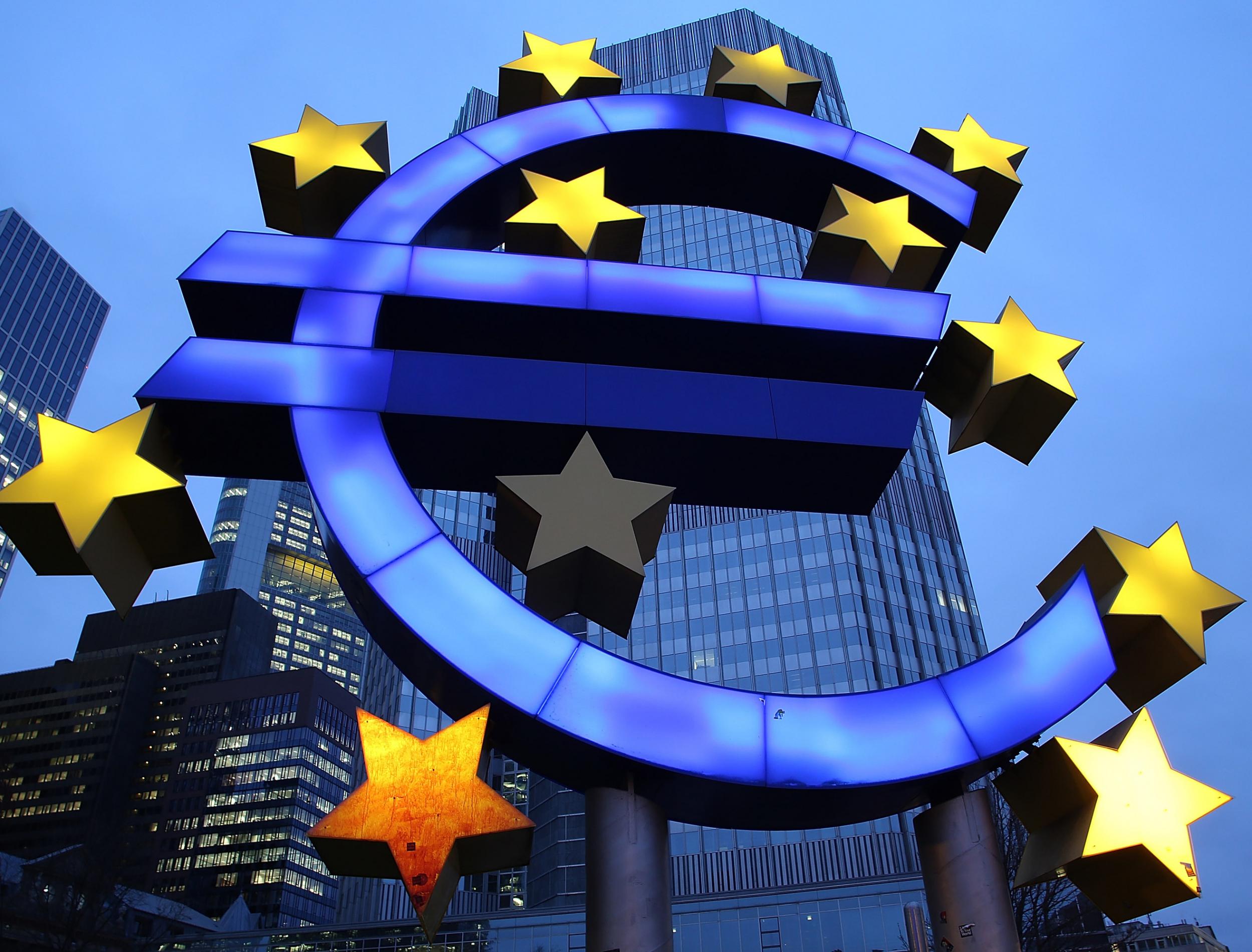Netherlands holds inquiry into whether to ditch euro
Probe launched ahead of 15 March election which could see gains for far-right, eurosceptic party

Your support helps us to tell the story
From reproductive rights to climate change to Big Tech, The Independent is on the ground when the story is developing. Whether it's investigating the financials of Elon Musk's pro-Trump PAC or producing our latest documentary, 'The A Word', which shines a light on the American women fighting for reproductive rights, we know how important it is to parse out the facts from the messaging.
At such a critical moment in US history, we need reporters on the ground. Your donation allows us to keep sending journalists to speak to both sides of the story.
The Independent is trusted by Americans across the entire political spectrum. And unlike many other quality news outlets, we choose not to lock Americans out of our reporting and analysis with paywalls. We believe quality journalism should be available to everyone, paid for by those who can afford it.
Your support makes all the difference.Politicians in the Netherlands have commissioned a report into whether or not the country should keep the euro, with a "comprehensive debate" on the issue expected to take place after the general election next month.
A motion tabled by the main opposition party, the Christian Democrats, passed unanimously on Thursday, authorising the launch of the probe, which will be overseen by the government's legal advisor, the Council of State.
The possibility of leaving the eurozone has been raised amid a rising tide of euroscepticism on the continent, which populist parties are hoping to exploit in a series of national elections this year, including in the Netherlands on 15 March.
The investigation will examine whether it would be possible for the Dutch to withdraw from the single currency, and if so how, said lawmaker Pieter Omtzigt of the Christian Democrats.
He said calls for the report were prompted by concerns the European Central Bank's (ECB) ultra-low interest rates were hurting Dutch savers, especially pensioners, and doubts as to whether its bond purchasing programmes are legal.
Its findings will be presented in several months, by which time the make-up of parliament will have changed dramatically following the election.
While most Dutch voters say they favour retaining the euro, the eurosceptic far-right party of Geert Wilders is expected to book large gains, though it is unlikely to win enough votes to form a government.
The most probable outcome of the vote is a new centrist coalition including some parties, such as Mr Omtzigt's Christian Democrats, that have been vocal in their opposition to current ECB policy.
“The problems with the euro have not been solved,” Mr Omtzigt said. “This is a way for us to look at ways forward with no taboos.”
Thursday's motion instructs the Council to look at “what political and institutional options are open for the euro,” and “what are the advantages and disadvantages of each.”
Additional reporting by Reuters
Join our commenting forum
Join thought-provoking conversations, follow other Independent readers and see their replies
Comments